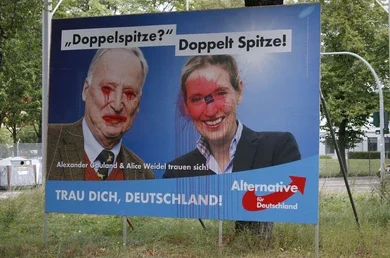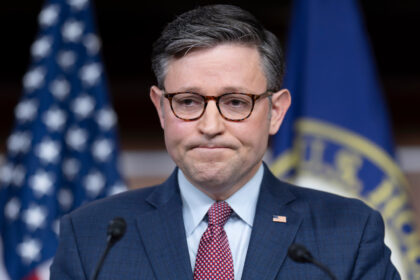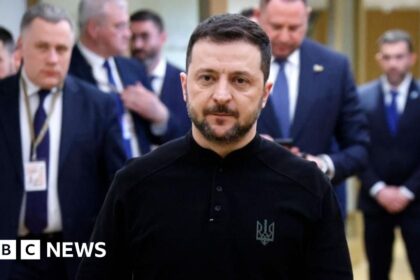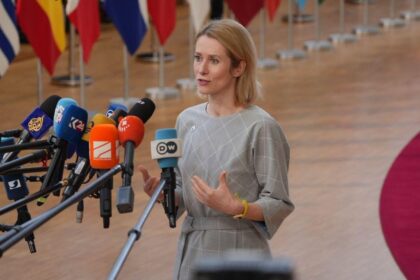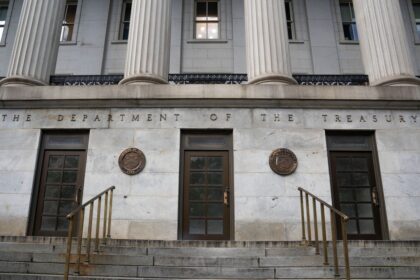**Germany’s AfD Party Escapes Extremist Label for Now, But the Debate Continues**
In a move that has sparked a new wave of controversy in German politics, the country’s Federal Office for the Protection of the Constitution (BfV) has suspended its recent classification of the Alternative for Germany (AfD) party as an extremist organization. This decision comes after the party filed a lawsuit accusing the government of political pressure and defamation.
**What Does it Mean?**
The AfD, known for its pro-Russian rhetoric and ties to Moscow, had been considered a potential threat to national security by Germany’s intelligence agencies. Party leader Alice Weidel has repeatedly called for the lifting of sanctions against Russia and opposed military aid to Ukraine. However, despite the BfV’s attempts to gather evidence of the party’s extremist activities, they were forced to suspend their decision while the court reviews the case.
**A Divided Country**
This move has sparked a widespread debate in Germany, with nearly half of the country supporting a ban on the AfD party. The party itself continues to reject the classification and is preparing for further legal battles. This decision marks a significant moment in the debate over whether AfD should remain on Germany’s political stage, especially as its popularity grows and the government undergoes changes.
**The Broader Implications**
The BfV’s decision has implications beyond just the AfD party. It raises questions about the balance between free speech and national security in a democratic society. The fact that nearly half of Germans support banning the AfD party highlights the deep divisions within German society, which are likely to continue to grow as the country navigates its complex relationships with Russia and Ukraine.
**What’s Next?**
The court review of the BfV’s decision is expected to be a lengthy process. In the meantime, the AfD party will likely continue to push for further legal battles, seeking to clear their name and prove that they are not an extremist organization. The German government, meanwhile, will have to navigate this complex situation, balancing the need to protect national security with the importance of upholding democratic values and protecting free speech.
Read More @ euromaidanpress.com




